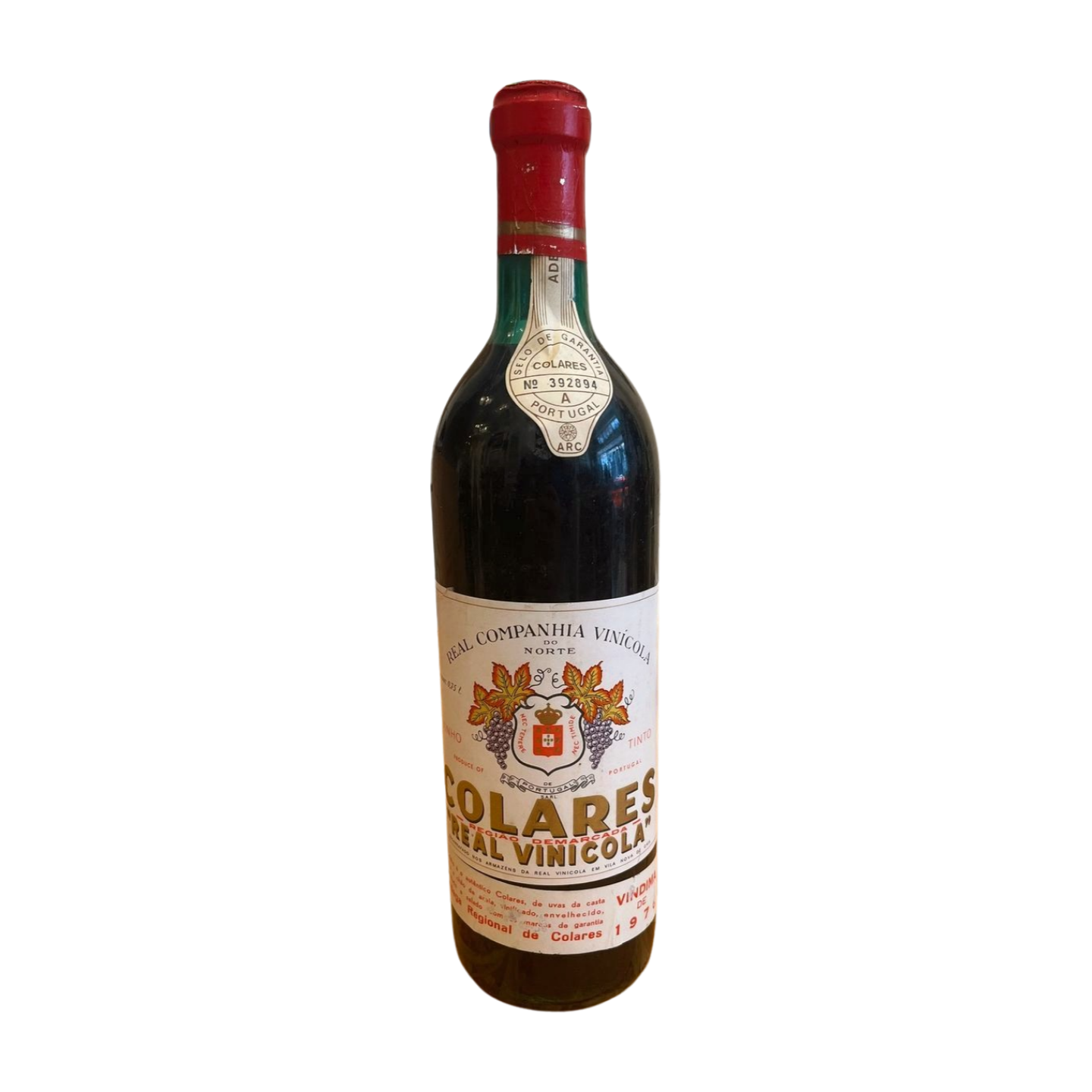Real Companhia Velha
Real Companhia Velha, established in 1756, is the oldest wine producer in Portugal, located in the picturesque Douro Valley, a UNESCO World Heritage site known for its stunning landscapes and rich viticultural history. The company has played a pivotal role in the development of the region, particularly through the demarcation of the Douro wine region, the oldest wine appellation in the world.
The viticulture at Real Companhia Velha is characterized by its mountainous terrain, which features steep terraces supported by traditional schist walls. This unique orography, combined with a climate of cold, wet winters and hot, dry summers, creates ideal conditions for growing a variety of grape types, essential for both Port and Douro wines. The company manages five *quintas*—Quinta das Carvalhas, Quinta de Cidrô, Quinta dos Aciprestes, Quinta do Casal da Granja, and Quinta do Síbio—spanning a total of 557 hectares. These vineyards benefit from centuries of accumulated knowledge and techniques that reflect the region's cultural heritage. Currently, the winemaking is overseen by the Silva Reis family, who have been at the helm since 1960.
Their commitment to quality and innovation is evident in their ongoing studies of the Douro terroir, which enhance both traditional and modern winemaking practices. Sustainability is a key focus at Real Companhia Velha, where practices are implemented to preserve the unique environment of the Douro Valley. The company emphasizes organic farming methods, biodiversity, and the careful management of its vineyards to ensure that the natural ecosystem is maintained. This commitment not only supports the health of the vineyards but also contributes to the production of high-quality wines that reflect the distinct characteristics of the Douro terroir.
Portuguese wine
Frequently asked questions
The entire country of Portugal is divided into 14 different wine regions, including in the Azores and Madeira islands. Some of Portugal's most famous winemaking regions include the Douro Valley (known for Port) and Vinho Verde (known for its light, refreshing white wines).
Portugal is becoming more well known for its orange wines, talha wines (traditionally made in clay pots), and palhete (made by blending red and white grapes together).
Portugal is best known for its fortified wine, called Port wine. It is produced in the Douro Valley, which is a UNESCO World Heritage Site and recognized as the world's first demarcated wine region, established in 1756.
Vinho Verde in northern Portugal is another popular winemaking region characterized by rolling hills and lush landscapes. It's known around the world for low-alcohol, refreshing white wines, although the region traditionally focused more on red wines made with the fruit-forward vinhão grape.
The Portuguese island of Madeira, with its subtropical climate, is renowned for its fortified wines. Winemaking here dates back to the 15th century, when Portuguese
explorers brought grape varieties from around the world.
Our sustainable, natural wine shop is located in the Marquês neighborhood in Porto, Portugal. We also ship to countries around the world, including within Europe, the United States, Canada, Australia, China, and more. Review our Shipping Policy to learn more.
In recent years, there has been a notable shift toward sustainable viticulture and the production of natural wine in Portugal. Many winemakers are implementing organic farming practices and embracing biodiversity to maintain soil health and reduce chemical inputs. This commitment to sustainability is not only beneficial for the environment but also enhances the quality of the wines, allowing the unique characteristics of the terroir to shine through. For example, some winemakers are now utilizing ancient terracotta amphorae for fermentation (called talha in Portuguese). This method preserves regional cultural heritage, enhances the wine's character, and aligns with sustainable practices by reducing reliance on modern materials.

